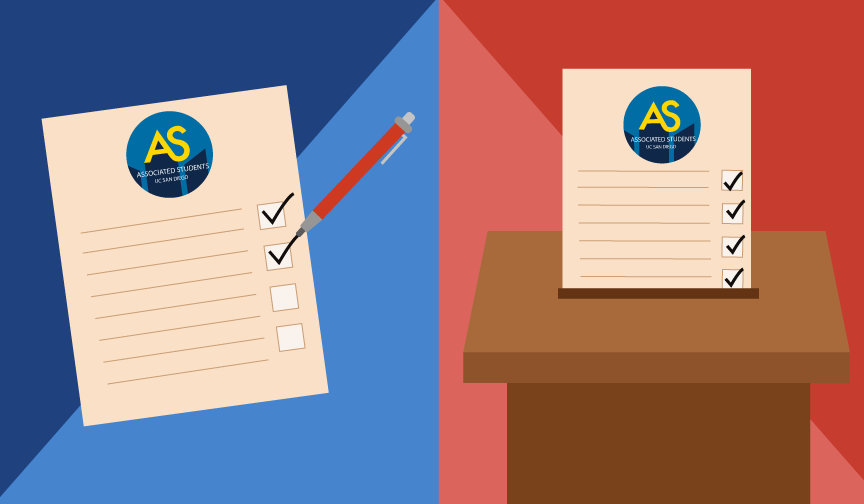While we were all away this summer, the U.S. Department of Education enacted a big change to federal financial aid: Effective since July, any student who does not maintain a 2.0 GPA while taking at least 36 units per year will be ineligible for federal financial aid such as Pell Grants and federal loans. Though the policy’s creators have tempered it with exceptions for approved part-time students and loopholes to account for “special circumstances,” the regulation still adds financial pressure to academic stress and heaps insult upon injury.
This new “Satisfactory Academic Progress” guideline replaces the university’s long-standing policy of “academic probation” and stipulates that students who do not meet their university’s minimum academic requirements (the aforementioned 2.0 and 36-unit benchmarks) cannot receive aid for the next academic year. Under academic probation, students with a cumulative GPA between 1.5 and 2.0 had a grace period of two quarters in which to bring their GPA up; continued under performance, after two quarters, lead to “academic disqualification” (read: kicked out).
It may seem like the new law has little effect, given that students with sub-2.0 GPAs are in danger of being ineligible to even attend university. But the difference lies in the fact that, under the more forgiving academic probation, students had time to recuperate from a bad quarter and raise their overall GPA until they were out of danger, all while receiving aid. Now, students who can’t pull their grades up enough by the following Fall Quarter will no longer be able to receive aid, even if their academic record is moving in the right direction.
Secretary of State Arne Duncan says that these new guidelines are to ensure that only “eligible” students receive federal funds to complete their education. In light of the continuing downslide of education funding and national debt, it makes sense that Duncan and other members of the Department of Education want to ensure that the money is going to those who are making every effort to succeed academically and graduate on time (and then help the economy, of course), instead of the sixth-year who’s slacking in his classes.
But in a fiscal climate where students are already struggling to pay for state schools, and when over 13,000 students in the UC system alone are receiving need-based financial aid, these guidelines ignore that federal aid is often the only way students can receive a university education, and create a slippery slope by ignoring all the reasons students may fail to make the 2.0 cut. Thankfully, there’s an appeal process, and students will be able to use summer classes to bring up their GPAs in time to become re-eligible by fall. But the only summer classes that apply for this are those taken at a UC campus, which is a financial burden for many students compared to community college classes, and the path to an appeal is lined with bureaucratic obstacles, including “documentation” of hardship and stipulations on how often one can appeal. In addition, many students suffer from circumstances that are not dire enough to merit an appeal, yet not minor enough to be brushed off. It’s the coeds dependent on need-based financial aid are also often the ones working jobs to compensate for the rest of the costs, which leads to a scenario that can adversely affect academics. But as this scenario has become the norm for so many students, these particular circumstances won’t stand up under appeal.
In addition to placing greater burden on students, the new pressure pushes universities even further into the role of degree-granters instead of institutions of learning. The coed who’s nervously eyeing that GPA is going to choose the easy A each time over the class that’s reputed to be difficult but life-changing. And while this is nothing new to the crowd that aspires to grad school, there’s an unpleasant sense of weight when the consequence of a bad GPA isn’t just lowered hopes for Ivy League status, but being stripped of the funding to attend university in the first place.
Of course, GPA requirements are nothing new. Private and merit-based scholarships have always been liberty to have minimum requirements, but federal, need-based initiatives should focus on supporting as many students as possible. The students who receive financial aid such as Pell Grants are already the ones with less-than-ideal circumstances, the ones most likely to already be working, to be struggling with problems their more affluent classmates aren’t facing. By placing more burden on the ones who already need the most help, the new guidelines puts the most vulnerable students at the greatest disadvantage.







